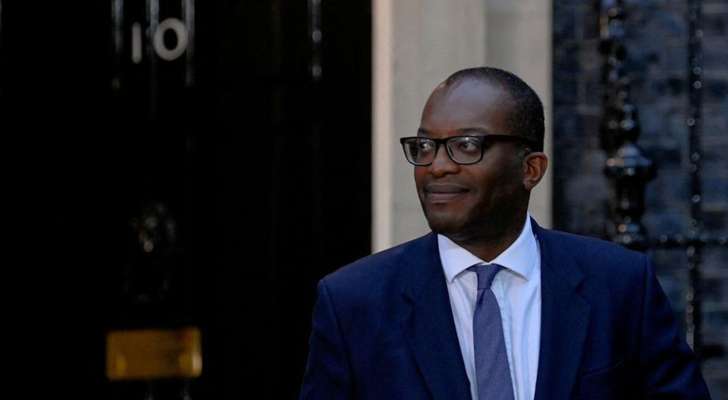UK Chancellor of the Exchequer Kwasi Quarting announced that “further tax cuts will be announced in the future”, noting that “I want citizens to save more of their income over the next year because I believe the British people are the driving force behind this economy” .
In a television interview, he pointed out that growth “cannot be achieved by simply increasing taxes and taking more money from people.”
Two days ago, the British government announced “a package of income and property tax cuts as part of its efforts to tackle the cost of living crisis and spur economic growth.”
These cuts, announced by the Chancellor of the Exchequer in front of the House of Commons (Parliament), included “a reduction in the rate of basic income tax from 20 to 19 per cent for those whose income is less than £50,000 a year from April next year. , as well as lowering the top income tax bracket.” The tax for those whose income exceeds £150,000 a year is between 45 and 40 per cent, which means a tax cut that will benefit an estimated 31 million citizens.
The tax cut announcement comes in light of the UK’s worst cost-of-living crisis in more than four decades, with inflation topping 9 per cent and expected to rise to more than 11 per cent next October.
British Prime Minister Liz Terrace’s government is adopting an economic approach based on tax cuts on corporate income and profits and relying on increased government borrowing to cover the budget deficit in an attempt to overcome the inflationary crisis, raise energy prices and achieve rapid economic growth. growth.
Source: El Nashra
